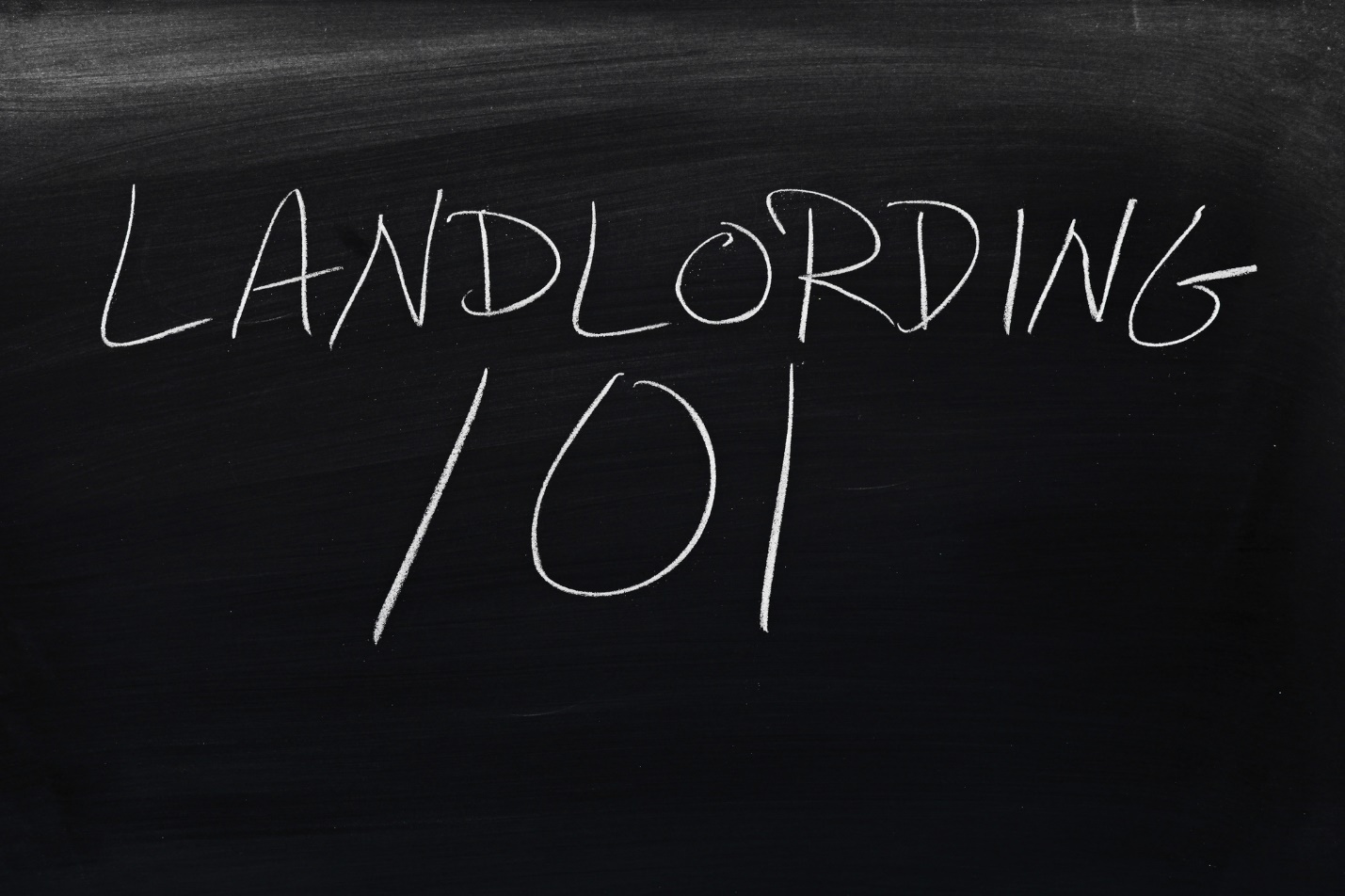Becoming a landlord isn’t easy, especially if you’re just starting out and have no related experience. From screening and vetting your tenants properly to extra income opportunities, we’ll share with you our eight tips that will put you on the road to success.
Want to become a landlord? Keep reading to find out how.
1. Make Rent Your Top Priority
Always remember that rent is your revenue. There are many landlords out there who are not aggressive in pursuing rent and late charges. While there’s room for some considerations, it’s best to be firm when it comes to overdue rent.
Sometimes people need help, and it’s okay to work something out with these individuals, but only if they communicate with you. On the other hand, if your tenants ignore your calls or texts and stop paying rent, you need to start eviction proceedings.
You could risk being several months behind on rent before you know it, so if you want to become a landlord, make rent your top priority.
2. Screen and Vet Tenants Properly
Screening your tenants is vital. Without even knowing, your tenant could end up being someone with a 480 credit score and no job. Make sure to ask for previous rent references and do your due diligence on anyone wishing to rent one of your properties. Let’s say bad credit is anything below 600.
When it comes to what attributes you should consider when screening a tenant, keep a lookout for these five.
1. Ability to afford rent
2. Clean criminal record
3. Paid rent on time in the past
4. Job Stability
5. Responsible and timely
3. Think Carefully About Allowing Pets
Sometimes opening up your market just isn’t worth the potential risks and costs, allowing pets, for example. Sorry if this is offensive to any pet owners out there, but pets, especially cats, leave long-lasting damage even way after the tenant has already left.
It’s also important to note that since many landlords do not allow pets, you can take advantage of the scarcity of pet-friendly properties for rent. Tenants may try to sneak pets into the rental property anyways, so you might as well get ahead and collect a pet deposit and come up with a pet agreement.
A pet agreement outlines the rules and regulations regarding pets. Here are some things your pet agreement should include:
• The amount of the pet fee
• How many pets and what type of pets are allowed
• Copies of any vet and vaccinations records
• A requirement for tenants to be responsible for their pets at all times
• A reminder for tenants that pets should not be left alone for long periods of time
• The steps and process of what will happen if the tenant violates the pet agreement
• Clarification that tenants are responsible for any damage done by the pet(s)
By having the rules in writing and documented and implementing smart pet ownership policies, tenants understand the rules they have to abide by to have the privilege of bringing a pet into the rental property.
4. Look Out for Extra Income Opportunities
There are plenty of out of the box ideas when it comes to looking out for extra income opportunities. When you buy a house and simply rent it out, that’s a 1:1 investment strategy.
This means you could be ignoring several potential extra income opportunities that could improve your property’s ROI (return on investment).
Consider installing solar panels if possible. If you harvest enough energy, you could sell back any excess energy generated to the grid. If you have any unused shed space, you could also consider looking into renting it out as self-storage.
5. Avoid Investing in Renovations That Won’t Produce Higher Rent
When people decide they want to become a landlord, they’re often excited about the “fixer-upper” or renovation stage of preparing a rental. It is important you don’t go over the top with these renovations.
The expenses of costly renovations don’t always lead to a high enough rent rate to justify it. Stick to the necessary renovations first.
6. Collect Rent Online
Collecting rent by a check in the mail is not only more time-consuming but also riskier. You will need to pay a non-sufficient funds fee if the check bounces, which means you’ll have to contact your tenant for the rent as well as the non-sufficient fee.
Collecting rent online negates this whole process.
7. Hire a Property Management Company
If you’re interested in dabbling into the world of real estate investments but don’t have the time to manage your rental property, consider looking into hiring a property management company.
They have local knowledge and expertise and help get you the most out of your rental property and find you the best renters/tenants. Property management companies will also handle your tenant’s issues, so you don’t have to.
Services property management companies offer can range from leasing and marketing your property, tenant selection, and even property maintenance.
8. Market Rental Properties Effectively
The word has gone digital, so if you want to become a landlord, you need to keep up with today’s marketing practices, not yesterday’s. Many real estate investors still advertise using yard signs and in the newspaper and use yard signs when they should be advertising online.
List your property on an online real estate listing website where potential tenants can view pictures of and inside your property. This allows access to most of the valuable information potential tenants need without calling you, asking questions that could’ve easily been answered online.
Marketing your rental property online saves you time and will increase your chances of finding top-tier tenants.
Want to Become a Landlord?
From screening and vetting your tenants properly to extra income opportunities, we hope you found our eight tips helpful. Becoming a landlord isn’t easy, especially if you’re just starting out and have no related experience, but we hope our guide gave some of the insight you need to get started.
If you found this post helpful, check out more from our website.




